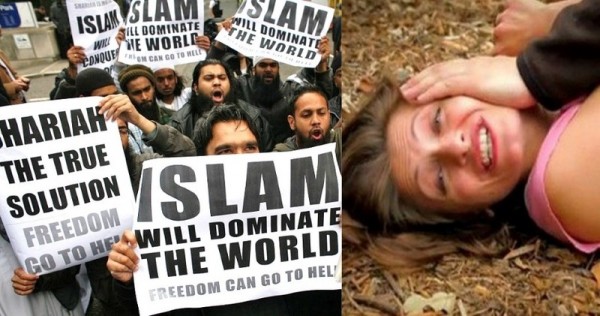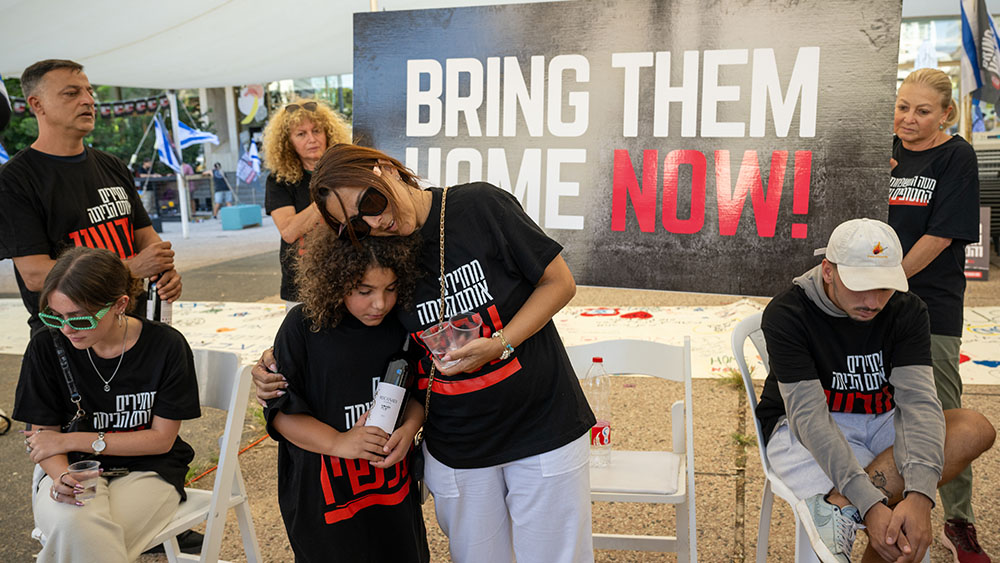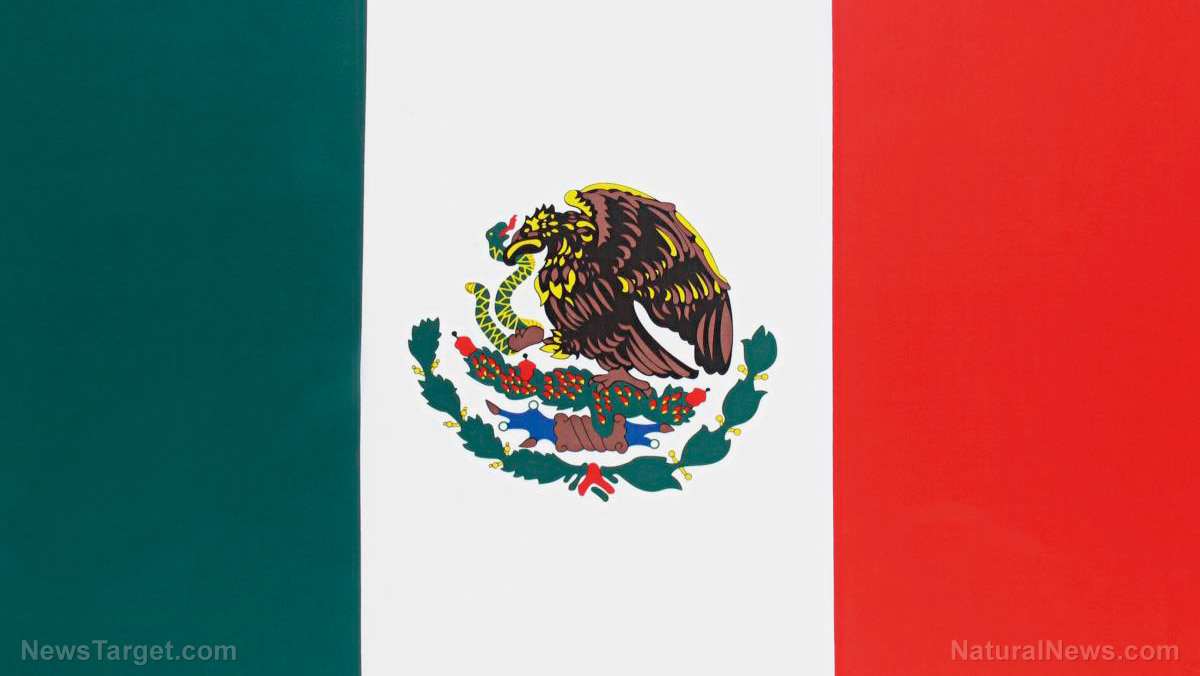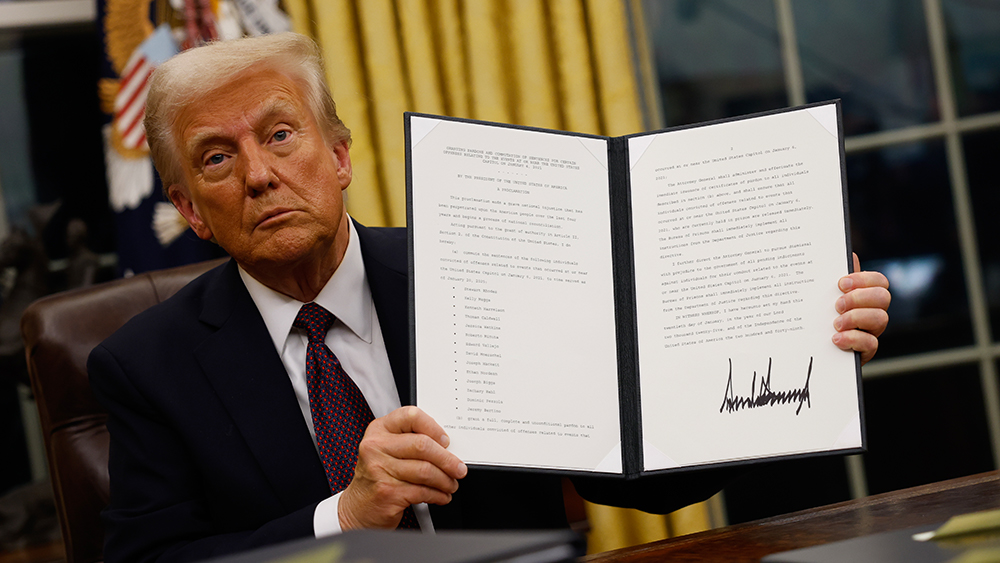Iraqi refugee who burned quarans in protest was SHOT DEAD in Sweden
By ljdevon // 2025-02-02
Tweet
Share
Copy

- Salwan Momika, an Iraqi refugee known for burning the Quran, was shot dead in his apartment in Sweden during a TikTok livestream.
- The killing occurred one day before he was due in court on hate speech charges related to his Quran-burning protests.
- Swedish police have arrested five suspects but have not disclosed motives, leaving open questions about whether the attack was religiously or politically motivated.
- The incident highlights ongoing tensions in Europe over freedom of expression and religious sensitivities, with similar cases in France and Russia drawing global attention.
- Why are governments protecting radical Islam and punishing those who speak out against it?
Radical Islam under the microscope after protestor was shot dead
Salwan Momika, a 38-year-old Iraqi refugee and self-proclaimed activist, was shot dead in his apartment in Södertälje, Sweden, on Wednesday, October 25, 2023, while reportedly live-streaming on TikTok. Momika, a Syrian Catholic who fled to Sweden in 2018, gained notoriety in 2023 for staging public Quran-burning demonstrations, acts that sparked outrage across the Muslim world and strained Sweden’s diplomatic relations with countries like Iraq, Turkey, and Pakistan. His death comes at a time when Europe is grappling with the delicate balance between freedom of expression and the protection of religious beliefs. Momika’s actions had already made him a polarizing figure. His protests, which began earlier this year, were seen by some as a bold defense of free speech. Others see his actions as a deliberate provocation aimed at inciting religious hatred. The Swedish government had initiated deportation proceedings against him in 2023, following demands from the Iraqi government for his extradition. However, his death has now shifted the focus to the broader implications of religiously charged provocations in a multicultural society. Should governments protect certain religions and restrict people's speech to placate authoritarian sects, or should the government protect individuals who speak out against violent and authoritarian orthodoxies?Radical Islam exhibits a pattern of violence and authoritarianism
Momika’s killing is not an isolated incident. In recent years, several individuals in Europe who have publicly opposed or mocked Islam have faced violent reprisals. In 2020, French teacher Samuel Paty was beheaded by an Islamist extremist after showing cartoons of the Prophet Muhammad during a classroom discussion on free speech. Later that year, three people were killed in a knife attack at a church in Nice. The 2015 terrorist attack on the offices of Charlie Hebdo in Paris, which left 12 dead, was also motivated by the magazine’s satirical depictions of Muhammad. These incidents underscore the volatile intersection of free speech and religious sensitivities in Europe. While many Muslims condemn such violence, the actions of a radical few have fueled fears of a growing divide between secular Western values and religious traditions. In Russia, people are not free to express disdain for certain protected religions. On Monday, October 23, 2023, a Russian court sentenced 20-year-old Nikita Zhuravel to 14 years in a maximum-security prison for burning a Quran in front of a mosque in Volgograd. Zhuravel, who admitted to the act, claimed he was paid by Ukrainian special services to incite religious hatred. His case was transferred to the Chechen Republic, where local residents demanded to be recognized as victims of his crime. Russia’s harsh sentencing reflects its broader stance on religious provocation. President Vladimir Putin has repeatedly condemned acts that incite religious hatred, framing them as threats to national security. This approach contrasts sharply with the Nordic countries, where such acts are often protected under freedom of expression laws, even as they provoke widespread condemnation. The rise in Quran-burning incidents and the violent responses they provoke highlight a deepening global divide over the limits of free speech. In Sweden, authorities have struggled to reconcile their commitment to free expression with the need to maintain social harmony with radical Islam. The Swedish court’s decision to allow a Quran burning outside a Stockholm mosque on Eid al-Adha, a major Muslim holiday, drew protests both domestically and internationally. However, no one should have to fear for their life for daring to speak out about the injustices of radical Islam. Instead of placating radical ideologies, governments should protect people’s freedom to speak out about the abuses of religion/cults. Sources include: RT.com RT.com RT.comTweet
Share
Copy
Tagged Under:
assassination violence freedom of expression authoritarianism radical Islam religions cults bloodshed orthodoxy religious provocation nonviolent Muslims government's role religious hatred
You Might Also Like
Italy follows Trump’s lead in WITHDRAWING from the globalist World Health Organization
By Ramon Tomey // Share
Bank of America’s ANTI-CONSERVATIVE BIAS exposed as Congressional GOP probes de-banking scandal
By Ramon Tomey // Share
The CARTEL CONUNDRUM: U.S. military intervention in Mexico poses significant risks
By Willow Tohi // Share
WEF 2025 discuss ways to censor social media users if they criticize Israel and the IDF
By Lance D Johnson // Share
Recent News
Iraqi refugee who burned quarans in protest was SHOT DEAD in Sweden
By ljdevon // Share
Italy follows Trump's lead in WITHDRAWING from the globalist World Health Organization
By ramontomeydw // Share









